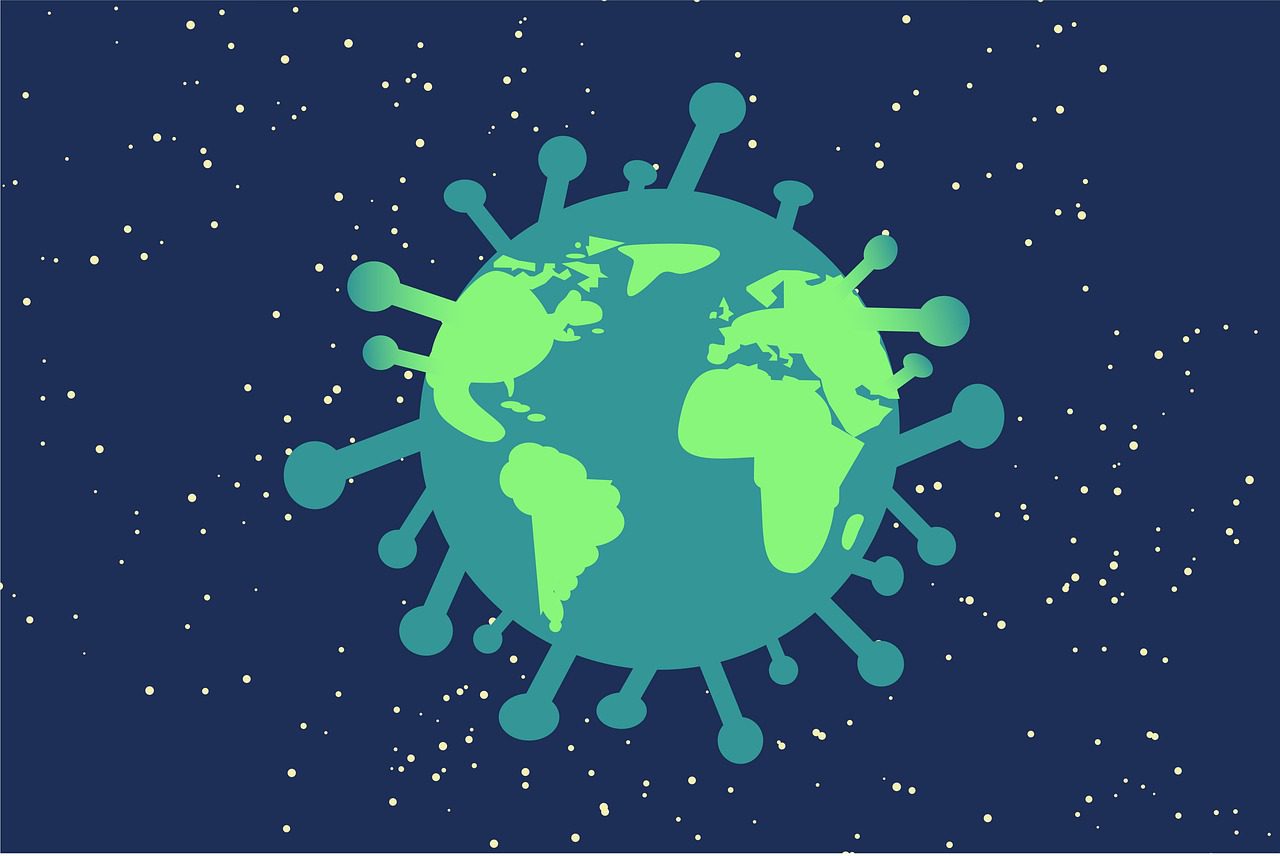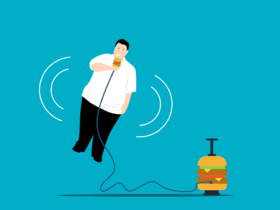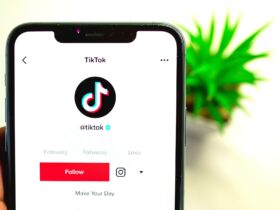This epidemic of monkeypox is uncommon and unprecedented. There is always worry when a virus alters its behavior, which has surprised experts who study the illness. Monkeypox has been a fairly predictable disease up to this point. Wild animals are the virus’s natural habitat, and rodents, not monkeys, are generally believed to be the source of the virus. Someone in the rainforests of Western and Central Africa is infected by an infected creature, and the virus spreads to other animals. A rash appears on their skin, followed by blisters and a scab.
Because the virus is now outside of its natural habitat, it is more difficult to propagate, necessitating continued close contact. This means that outbreaks are often limited and self-expiring.
Despite our best efforts, we don’t know why this epidemic is so unusual. There are two basic possibilities: Either the virus has evolved, or it has discovered the perfect environment in which to flourish.
Unlike Covid or flu, monkeypox is a DNA virus, which means it does not change as quickly as these other viruses. An early genetic study reveals that the recent cases are extremely closely connected to those of the virus that were previously reported in 2018 and 2019. At this point, it’s impossible to say for sure whether or not there is a new mutant variety at work.
Are there reasons to worry?
Officials of the US Department of Health feel that there is no need to be concerned about an outbreak just yet. Although the number of instances of “monkey pox” in the United States is expected to rise, there is now little danger of a widespread outbreak. People can’t get the virus from one another very quickly, but contact with body fluids, “monkey pox” blisters, things like bedding or clothes that have been tainted with sore mucous, or even airborne droplets from continuous face to face interactions with the ill may lead to infection and disease.











Leave a Reply